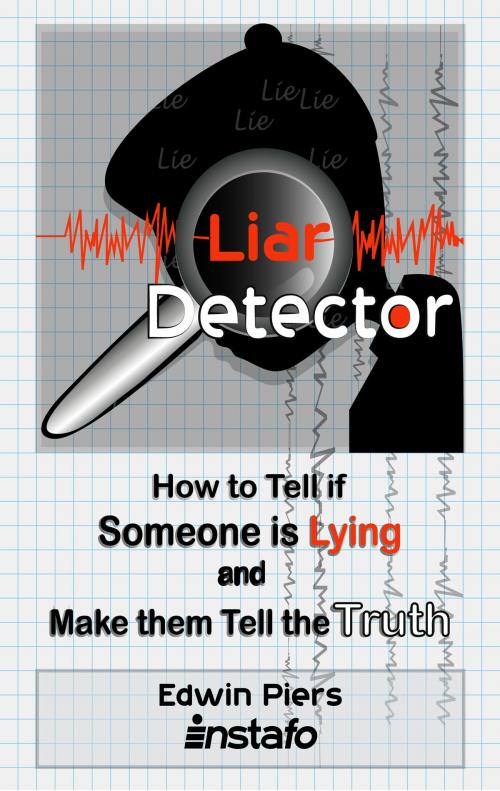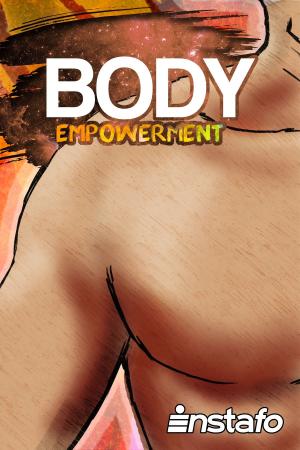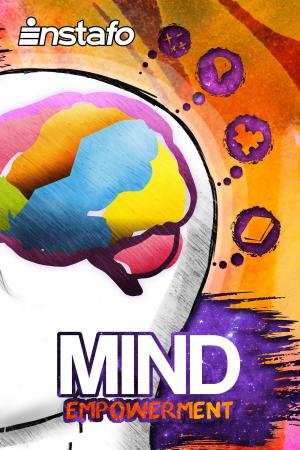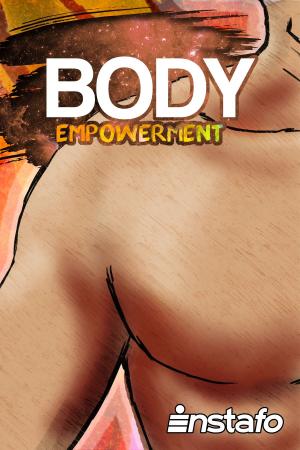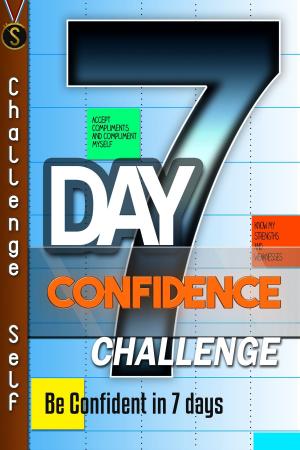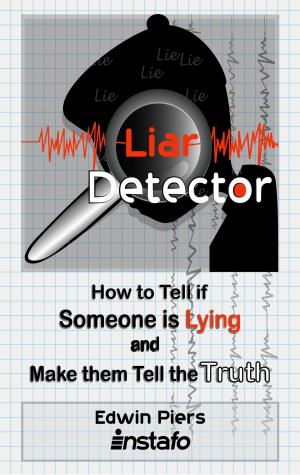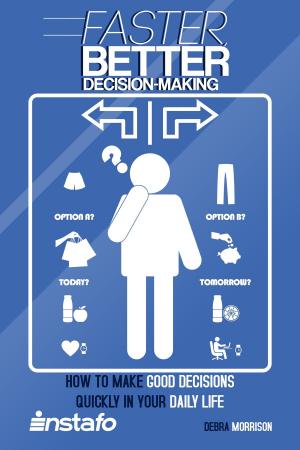Liar Detector: How to Tell if Someone is Lying and Make them Tell the Truth
Nonfiction, Health & Well Being, Psychology, Interpersonal Relations, Religion & Spirituality, Philosophy, Ethics & Moral Philosophy| Author: | Instafo, Edwin Piers | ISBN: | 9781370823901 |
| Publisher: | Instafo | Publication: | March 10, 2017 |
| Imprint: | Smashwords Edition | Language: | English |
| Author: | Instafo, Edwin Piers |
| ISBN: | 9781370823901 |
| Publisher: | Instafo |
| Publication: | March 10, 2017 |
| Imprint: | Smashwords Edition |
| Language: | English |
Become A Human Lie And Truth Detector
Lying is an ingrained instinct. Humans learn to lie by the age of three and just keep on lying into adulthood. On average, people will lie 3 times or more in a ten minute conversation with a stranger or acquaintance.
Does this sound unbelievable? Or maybe, you just don’t know how to spot the lies. There are many types of lies in this world: little white lies, big lies, small lies, omissions, exaggerations, and unconscious lies.
Everyone lies at some point in their life. However, some people do it more often than others. It can lead to an immense amount of frustration when dealing with habitually dishonest people.
It may be a teenager that you suspect isn’t telling the entire truth about their late-night out or a co-worker is constantly bragging about achievements that you doubt they completed. You may have a relative that always denies what they said at that last family gathering or maybe you just want your spouse to tell you what they actually think about your newest sweater.
Regardless of the circumstances, there are often many everyday situations that make you want to know the complete truth. But how does one go about finding out if someone is actually lying?
Most people can only successfully spot a lie about 50% of the time. Many people also think that only polygraphs can tell when people are lying.
But what if you could become a human polygraph? What if you could tell if someone was lying simply by the way they said something or the facial expression they used?
If this sounds like an appealing prospect, strap yourself into the lie detector's chair with the "Liar Detector." In this guide you’ll learn:
* Psychological motives behind lying
* Physical body language of falsehoods
* Verbal cues to pick up lies in one's words
* Subtleties to spot dishonesty in the digital age
* Guidelines on when and how to confront the fibber
* Strategies to both detect the lie and draw out the truth
* Applications for confidence in lie detection and confrontation
* And much more!
By learning these new techniques, you can embolden yourself with new lie-detecting skills and become a real-life human lie detector to detect all kinds of deceptions from those around you.
Become A Human Lie And Truth Detector
Lying is an ingrained instinct. Humans learn to lie by the age of three and just keep on lying into adulthood. On average, people will lie 3 times or more in a ten minute conversation with a stranger or acquaintance.
Does this sound unbelievable? Or maybe, you just don’t know how to spot the lies. There are many types of lies in this world: little white lies, big lies, small lies, omissions, exaggerations, and unconscious lies.
Everyone lies at some point in their life. However, some people do it more often than others. It can lead to an immense amount of frustration when dealing with habitually dishonest people.
It may be a teenager that you suspect isn’t telling the entire truth about their late-night out or a co-worker is constantly bragging about achievements that you doubt they completed. You may have a relative that always denies what they said at that last family gathering or maybe you just want your spouse to tell you what they actually think about your newest sweater.
Regardless of the circumstances, there are often many everyday situations that make you want to know the complete truth. But how does one go about finding out if someone is actually lying?
Most people can only successfully spot a lie about 50% of the time. Many people also think that only polygraphs can tell when people are lying.
But what if you could become a human polygraph? What if you could tell if someone was lying simply by the way they said something or the facial expression they used?
If this sounds like an appealing prospect, strap yourself into the lie detector's chair with the "Liar Detector." In this guide you’ll learn:
* Psychological motives behind lying
* Physical body language of falsehoods
* Verbal cues to pick up lies in one's words
* Subtleties to spot dishonesty in the digital age
* Guidelines on when and how to confront the fibber
* Strategies to both detect the lie and draw out the truth
* Applications for confidence in lie detection and confrontation
* And much more!
By learning these new techniques, you can embolden yourself with new lie-detecting skills and become a real-life human lie detector to detect all kinds of deceptions from those around you.
